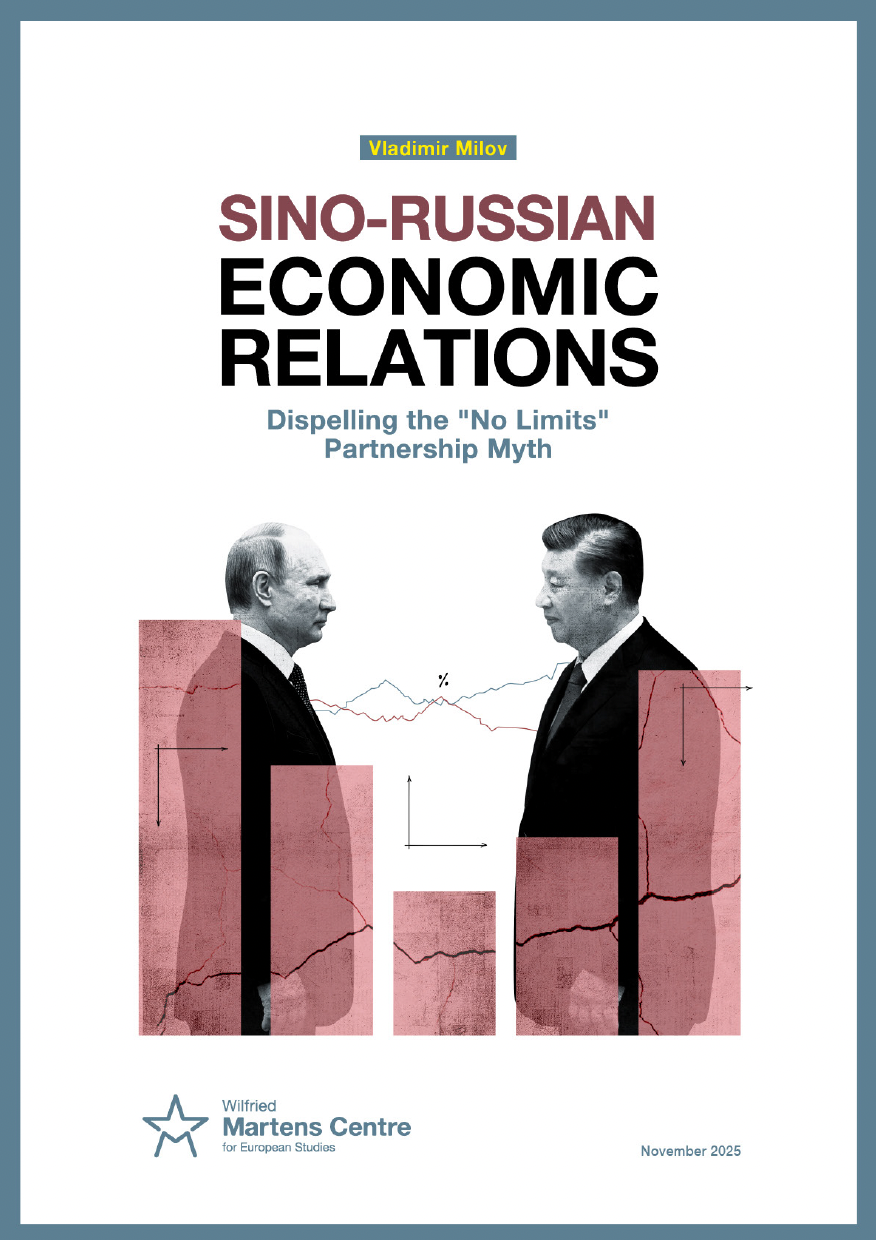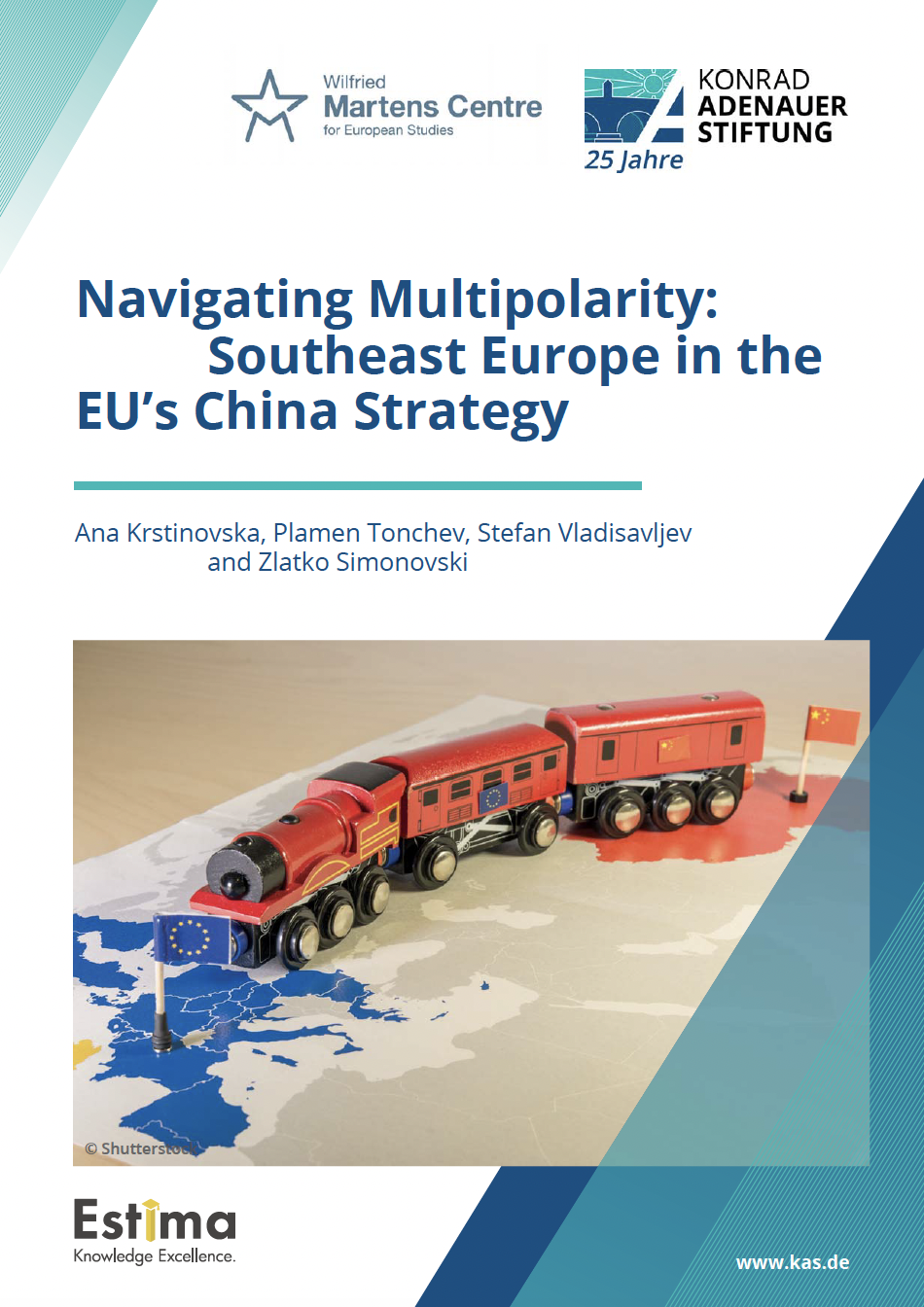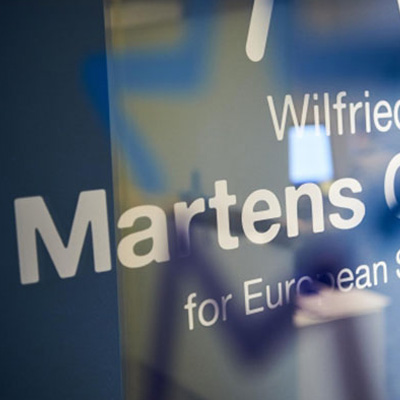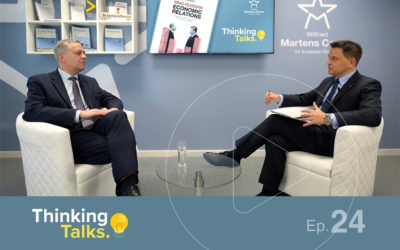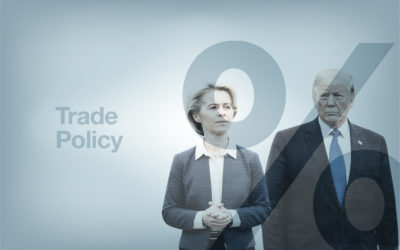Axing Down Global Development Cooperation? The Implications of Shuttering USAID
05 March 2025
The attack on the United States Agency for International Development (USAID) was undoubtedly one of the most spectacular moves made right after Donald Trump assumed the US presidency. It sparked a huge international outcry, as an unprecedented move in decades of international collaboration. The decision put an almost complete freeze on a budget of around $40 billion, causing thousands of employees in the United States and dozens of other countries to lose their jobs and effectively bringing thousands of global aid projects to a near-instant halt.
This decision didn’t come out of the sky. However, the extent and speed surprised even critics of the current system of international aid. As brutal as the cracking down on USAID seems, these actions are part of a wider movement in many Western countries to fundamentally question existing institutions, processes, and funding for development cooperation.
The following article, therefore, will reflect on this decision’s consequences and put them into the framework of a wider “counter” movement. Will the US create a new system of international aid? What will be the impact on the European Aid System? How will other “new “donors react, e.g., China? And, finally, what will the impact and potential alternatives be for developing countries?
It’s ideology, stupid!
It is safe to say that fiscal concerns have not played a significant role in cracking down on the current USAID and related programmes. In the Heritage Foundation’s “Project 2025“, which many view as the blueprint for the second Trump administration, we can find a mélange of different motives behind the decision. Some are well-known and reasonable concerns, such as the lack of streamlining with the larger strategic objectives of US foreign policy. However, the real desire for disruption comes from a deep-rooted ideological opposition against the political direction in which USAID has taken over the last decades in the eyes of right-wing populists. They see these activities as “antithetical to American values. They serve to destabilise world peace by promoting ideas in foreign countries that are directly inverse to harmonious and stable relations internal to and among countries.” National and international organisations –the “aid industry”– are accused of promoting a “woke agenda” such as gender ideology, but also climate change-related activities, harming US interests. Interestingly, the role of “faith-based” institutions is very much emphasised, as a direct reference to one of the core voter groups of the MAGA movement. For the moment, it remains unclear with what kind of strategic interests a future, presumably massively shrunk cooperation should align with. It is against all experience that development aid can and should follow short-term foreign policy objectives. Specific expertise, but also certain independence and neutrality, must be ensured in many sensitive contexts abroad.
In line with the US dismantling or retreating from other international bodies and agreements, such as the Paris Climate Agreement, multilateral aid structures will be significantly drained of funds. The trend of the West losing its soft power capabilities and giving further space to authoritarian power, in particular China, will only speed up.
Europe as the lender of last resort?
Some voices immediately called for Europe to fill the gap as the decisions of the new Trump administration tore into the global system of development aid. Indeed, many European projects have been co-financed –such as with funds from the National Endowment for Democracy (NED)– and are now in danger. However, neither is Europe capable of fiscally compensating, nor should we ignore that structure, objectives, or operating regions of European aid are often quite different to USAID’s. With the new administration, a common value base is even more difficult to find.
Filling the gap: a new opportunity for non-democratic donors?
Many critics pointed out the “golden” opportunity for non-democratic donors like China or the Gulf countries to present themselves as reliable new partners for the developing world. The withdrawal could lead to a further weakening of development models based on human rights and democratic values at a time when authoritarian regimes are massively gaining ground on the basis of pretending to pursue a non-colonialist, non-conditional, and equal-based approach. It can be assumed that US direct humanitarian aid will continue. The most critical parts, however, are programmes related to promoting good governance and democracy. Whilst we will not see immediate and massive stepping in by authoritarian forces, the damage for the West as a whole is hard to revert.
Diversification or new dependencies?
The reaction to the shockwaves sent out of Washington will be immediately felt in many recipient countries. However, only once the fallout has settled in a couple of months will we be able to see different adaptation strategies, depending on the specific sectors and internal capacities of the countries. Moves towards diversification of donors will accelerate. In the worst case, we will see new dependencies aggravating existing ones. In the better cases, it is another long-overdue wake-up call for developing countries to reach out for effective regional cooperation and address their shortcomings in terms of sustainable development.
Conclusion
Global development cooperation will not stop with USAID’s collapse or, at the very least, its drastic restructuring. In addition to immediate effects, which will be disastrous in some places, they could ultimately have a catalytic effect on innovation and reorientation in international aid. However, Europe should not make the mistake of substituting the faltering US aid structures and should not try to stick to its own structures, which are also in need of reform. The shortcomings of traditional approaches to development cooperation, from contradiction with other policy fields such as trade, to the never-realised promises of self-sustained growth and development, need urgent remedies in Europe as well. Otherwise, voices calling to follow the Trumpian way will grow in Europe as well.
Sadly enough, the real harm to the United States –and the West as a whole– has already been done: the loss of intangible assets, such as highly skilled and motivated professionals, established networks and access to decision-makers, and confidence and reputation as a trustworthy partner and supplier of international common goods. New partnerships and cooperation models in international development relations are already underway. However, it is highly doubtful whether Western ideas and ideals will continue to have a significant influence in the developing South.
ENJOYING THIS CONTENT?







